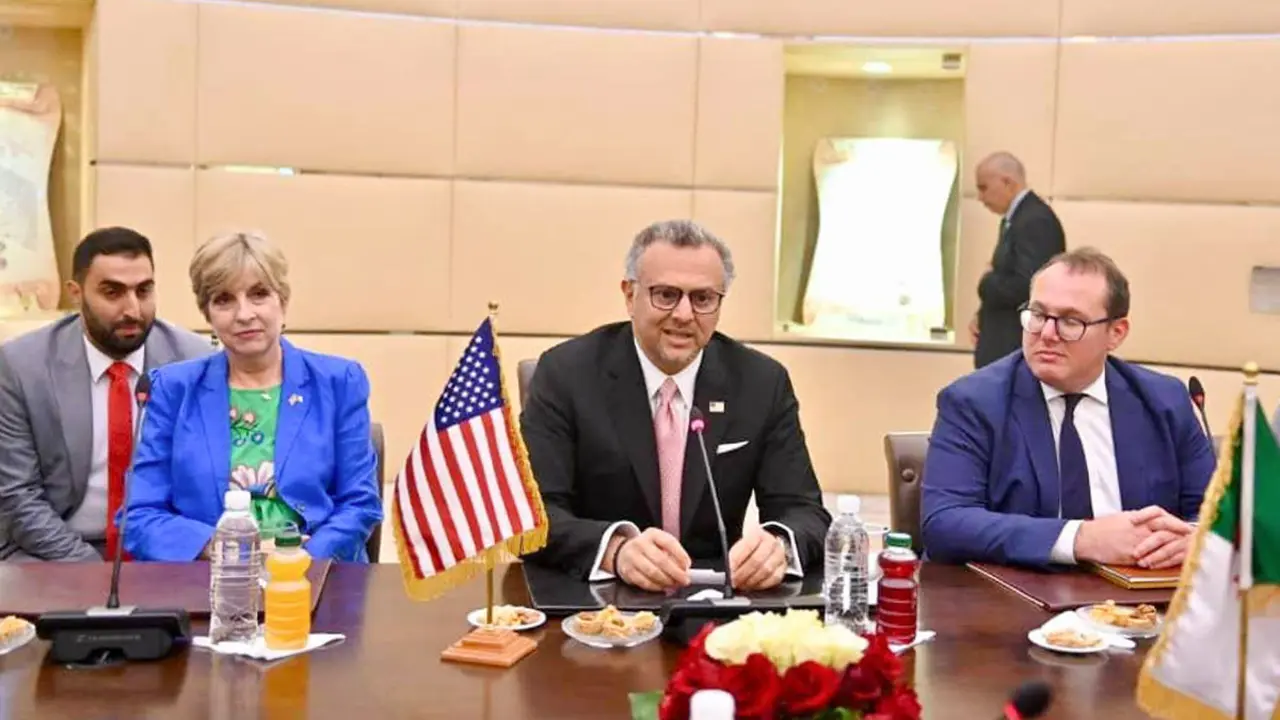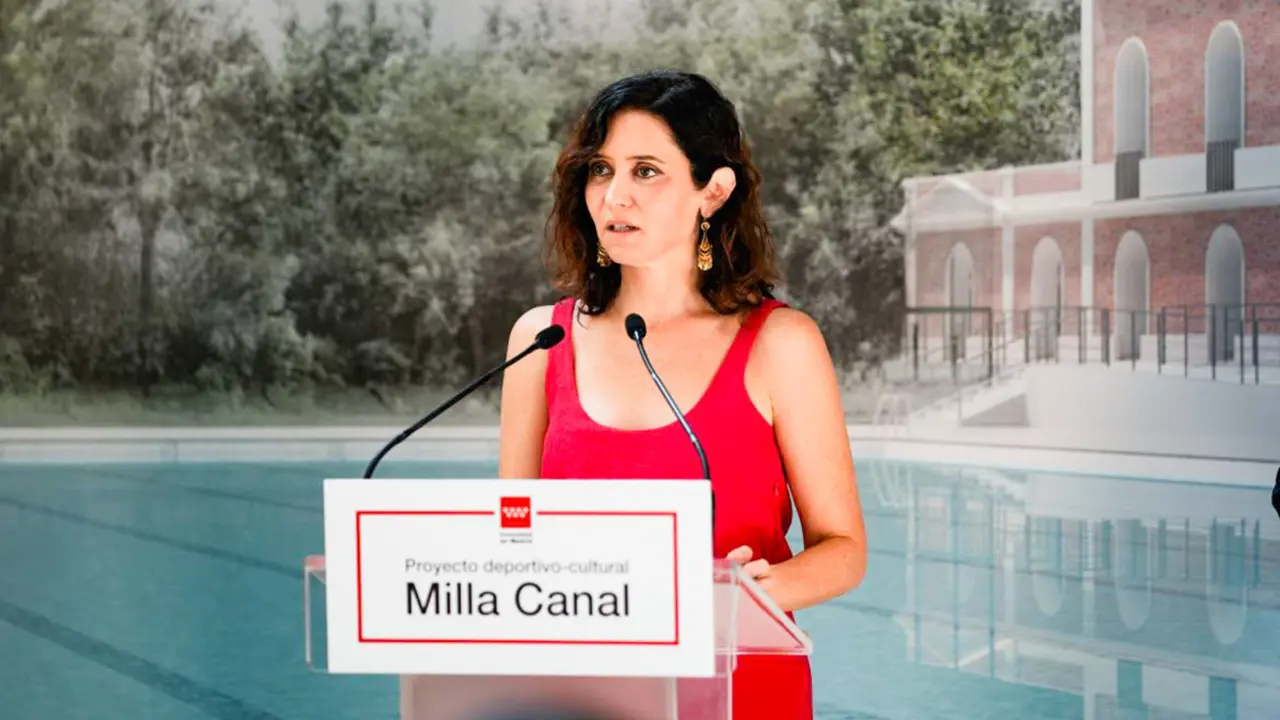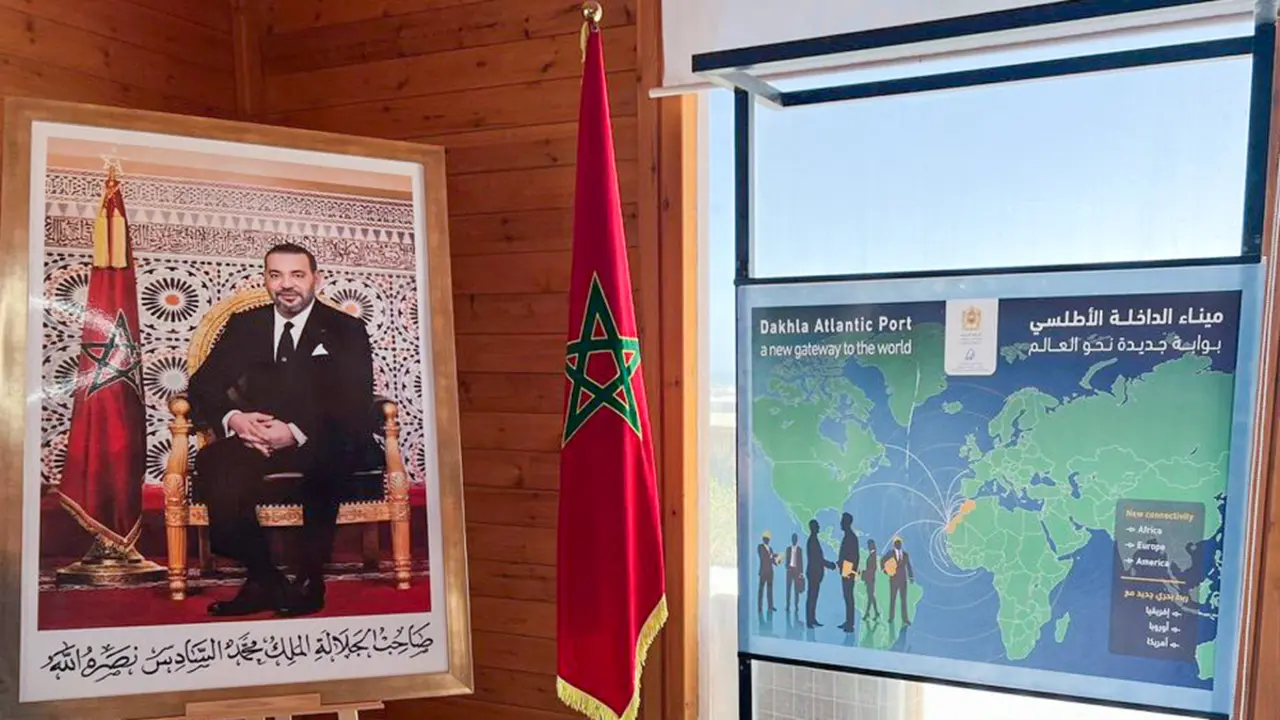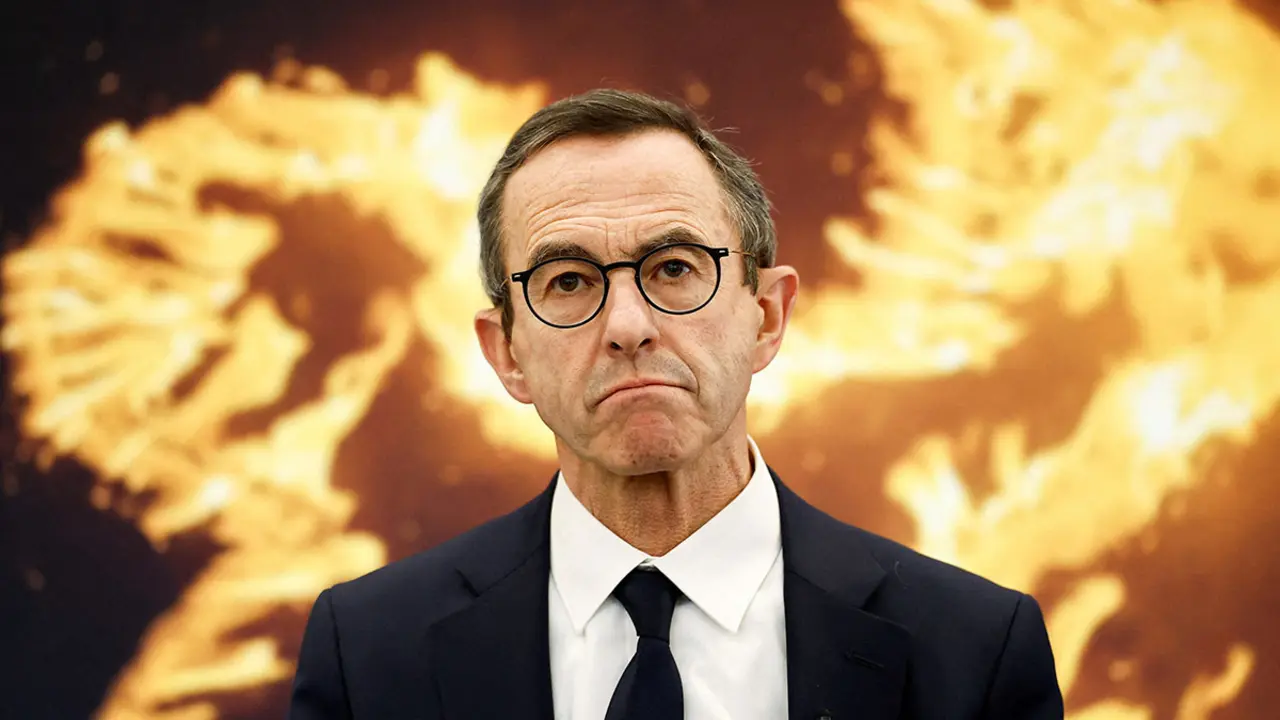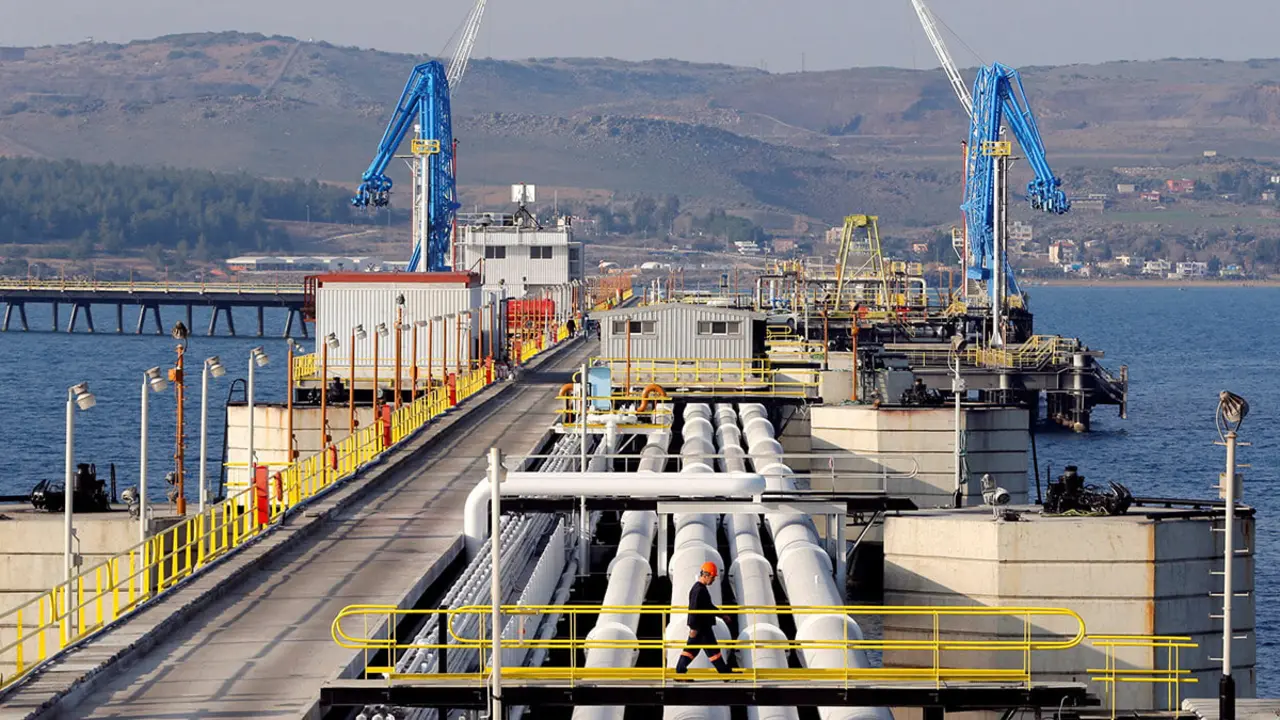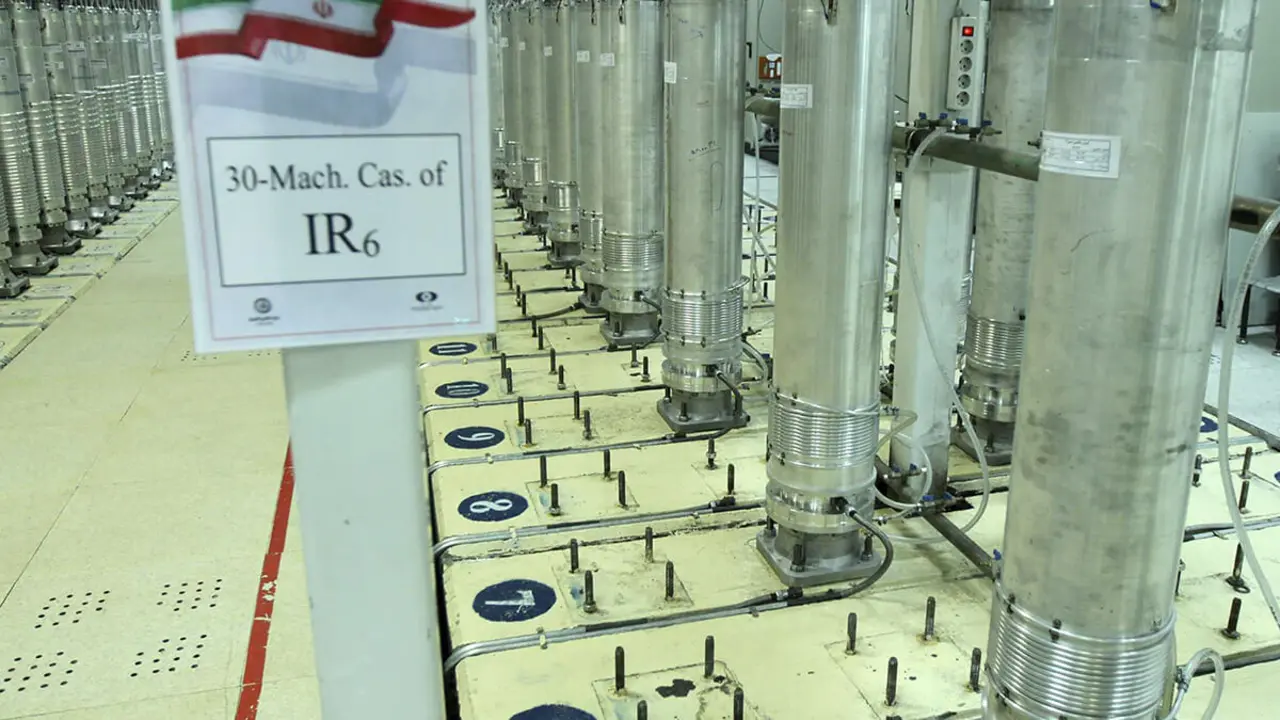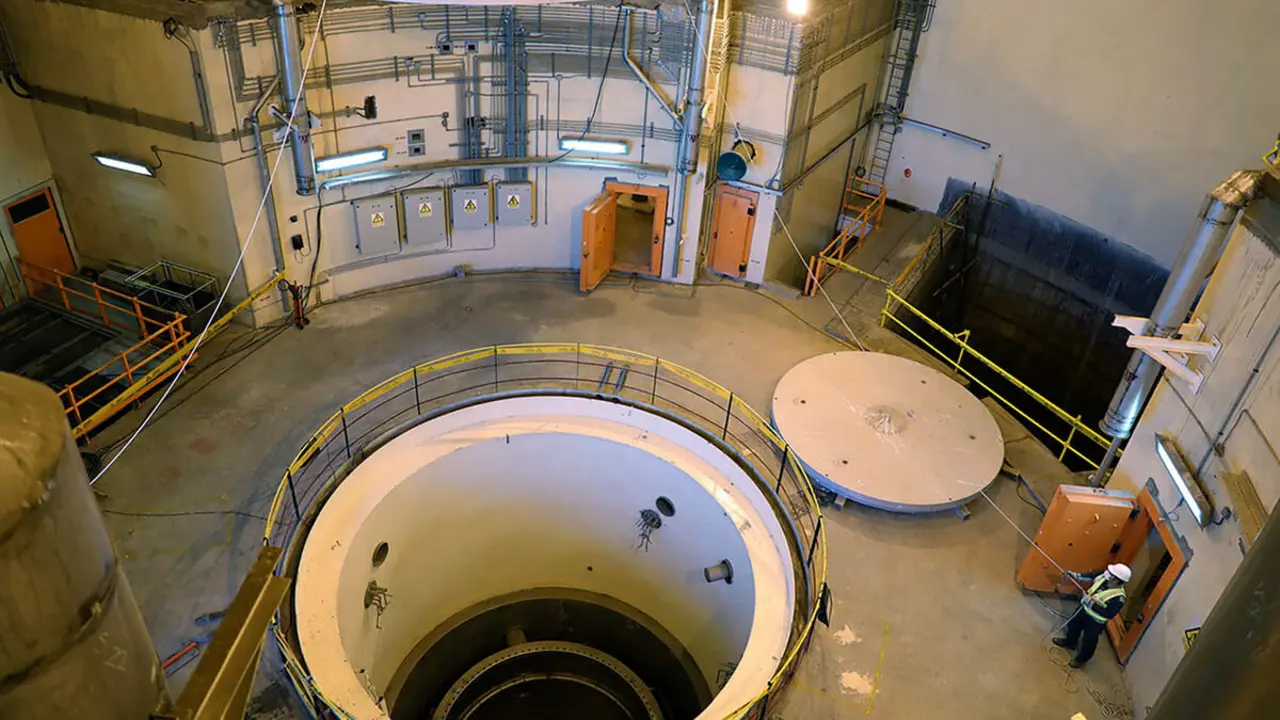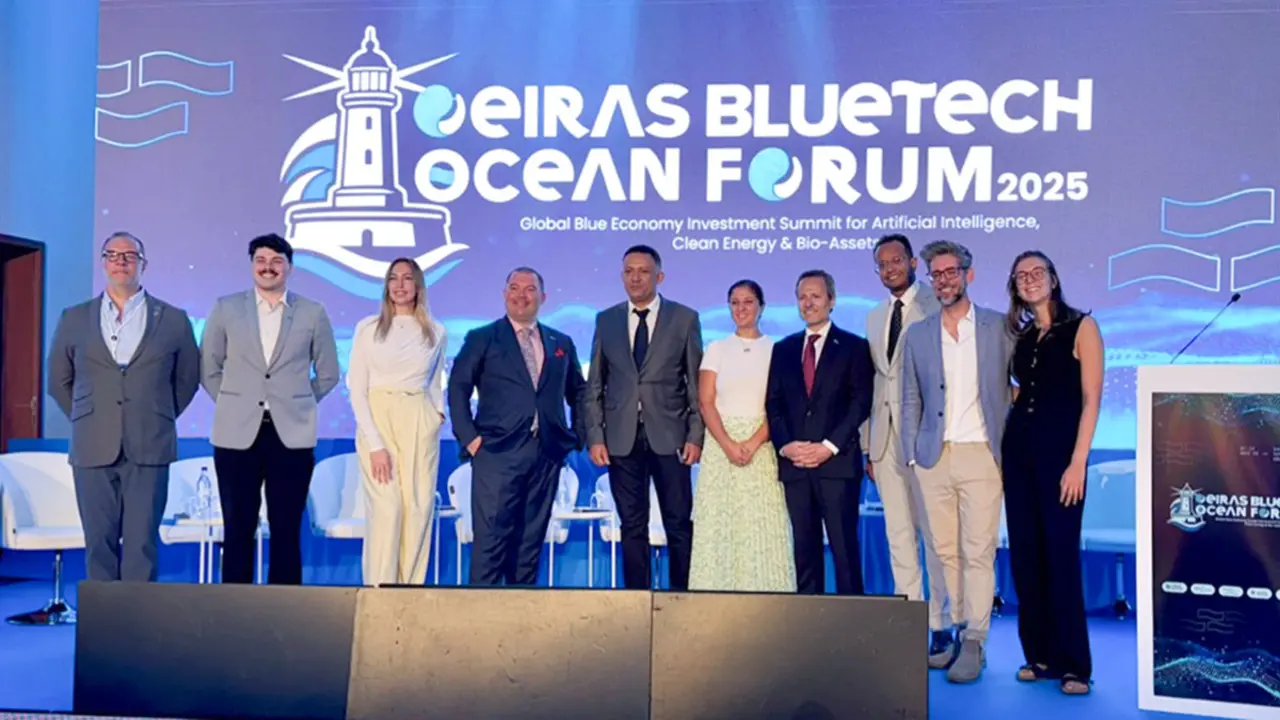Pandemic and the call for vaccines unite Latin America at CELAC

The COVID-19 pandemic and the demand to rich countries for a fair distribution of vaccines united the Community of Latin American and Caribbean States (CELAC) in the Mexican capital on Saturday, despite ideological contrasts.
Representatives from 32 countries agreed to fight for access to vaccines for the region after a meeting in Mexico City's Chapultepec Castle, where they avoided differences over conflicts such as those in Cuba, Nicaragua and Venezuela, and the absence of Brazil.
"The good news is not that we don't have differences in our points of view, of course there are and they are public, the good news is that CELAC is closing its period of reflection," argued Marcelo Ebrard, Mexico's foreign minister and president pro tempore of the organisation, after the meeting.

CELAC, founded in Mexico in 2010, lost momentum due to the continent's ideological differences, as reflected by the departure of the region's largest country, Brazil, in 2020.
But nations have been united in the body by the scourge of the pandemic in Latin America, one of the regions hardest hit by COVID-19, with more than 40 million cases and nearly 1.35 million deaths.
In contrast, only slightly more than one in 10 Latin Americans is fully vaccinated, according to the Pan American Health Organisation (PAHO).
"If, before the pandemic, this community was intended to be the main instrument for cooperation in Latin America and the Caribbean, we are certainly on the way to achieving this," said the Mexican foreign minister, opening the formal meeting.

At a press conference afterwards, Ebrard defended integration despite differences, pointing to "substantive agreements" such as the future creation of a CELAC disaster and contingency fund.
He also pointed to the roadmap for a Latin American vaccine presented by Alicia Bárcena, executive secretary of the Economic Commission for Latin America and the Caribbean (ECLAC), who outlined efforts in Argentina, Brazil, Chile, Cuba and Mexico.
In addition, he promised a regional position vis-à-vis developed countries, which account for almost three out of four vaccines in the world, according to the World Health Organisation (WHO).
"We are going to take a common position, or we are going to try to take a common position to the G20, which is in October," said the Mexican foreign minister.

In extracts shared from the meeting by the Mexican Ministry of Foreign Affairs (SRE), the foreign minister of Ecuador, Mauricio Montalvo, supported joining together in the face of the health crisis.
"CELAC must continue to express its position on the fundamental need to achieve this universal, equitable and timely access to immunisation against COVID-19 and recognise its vaccine as a global public good," he said.
Meanwhile, Argentina's Minister of Foreign Affairs, Felipe Solá, applauded the fact that CELAC has its own external stance vis-à-vis powers such as China and the European Union (EU).
"The effort to internationalise CELAC while maintaining our identity and defending our interests at all times is one of the qualities I particularly welcome," he said.

Prior to the meeting, the President of Mexico, Andrés Manuel López Obrador, paid tribute to the 238th anniversary of the liberator of America, Simón Bolívar, in which he called for the creation in the region of "something similar" to the European Union (EU) and to replace the Organisation of American States (OAS).
"The proposal is no more and no less than to build something similar to the European Union, but in keeping with our history, our reality and our identities," he told the diplomats.
The president took the opportunity to defend Cuba from the "influence" of the United States, denouncing that "Washington has never stopped carrying out overt or covert operations against the independent countries south of the Rio Bravo".
"It is already unacceptable in the policy of the last two centuries, characterised by invasions, to put in place or remove rulers at the whim of the superpower," he said.
Even so, the Mexican president urged Latin American countries to leave "aside the dilemma of integrating with the United States or opposing it defensively".

